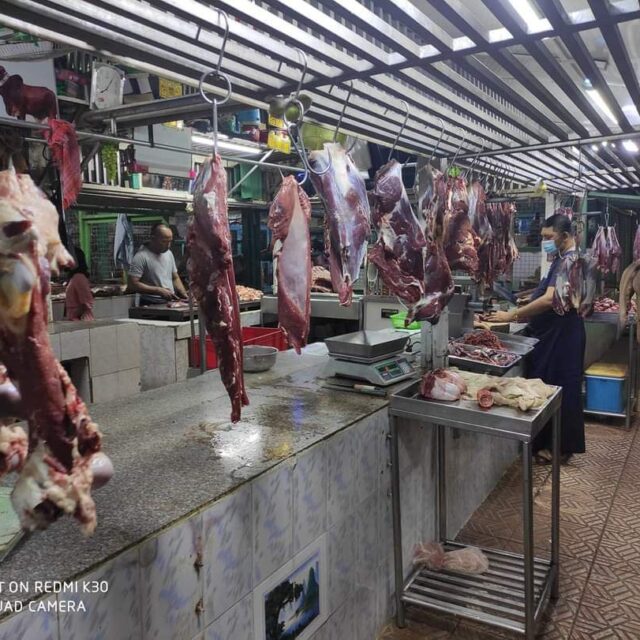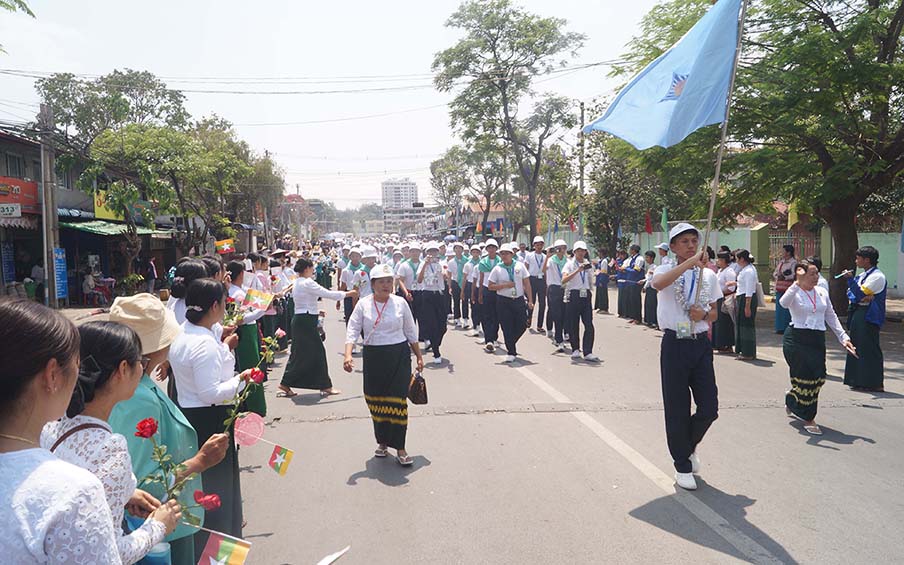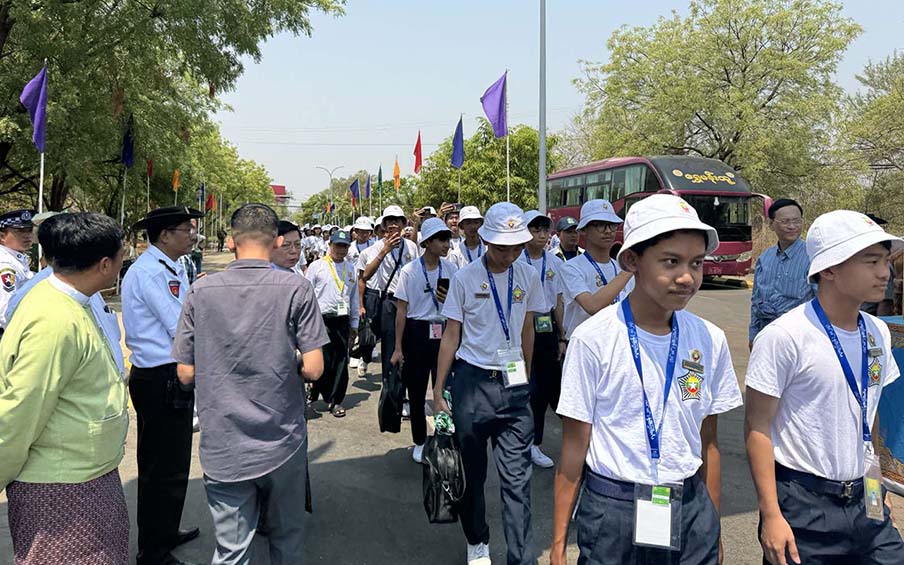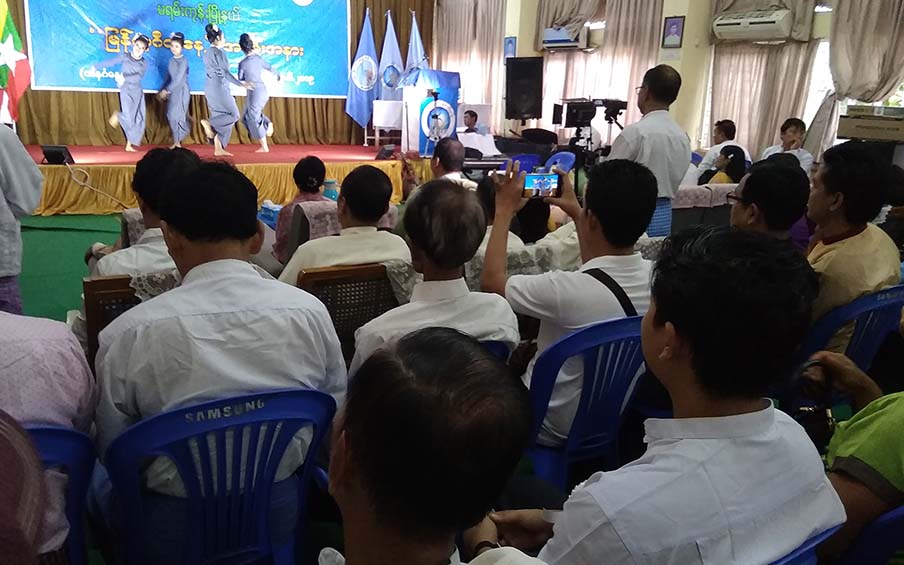In the current global scenario, numerous countries, Myanmar included, grapple with financial crises stemming from factors like armed conflicts and disputes. These crises have far-reaching implications, significantly impacting the daily lives of the people in Myanmar. The repercussions are evident in the escalating prices of essential commodities, driven by the surge in fuel prices that, in turn, increase transport costs and the prices of agricultural inputs.
This domino effect culminates in an onerous burden on the general public, pushing them into debt as they struggle to cope with the soaring costs of basic necessities such as vegetables, rice, fruits, and oil crops. It is imperative for both businesspersons and the general populace, encompassing diverse ethnic backgrounds, to imbibe empathy in their approach, contemplating how to alleviate the distress faced by their compatriots.
The prices of commodities, from daily essentials to intermediate and capital goods, pose challenges for businesses and consumers alike. Business owners and traders in Myanmar possess the agency to alleviate these hardships by considering the reduction of profit margins on their commodities. Recognizing that a slight sacrifice in profit margins can have a substantial impact on consumers’ well-being, they can contribute significantly to easing the burden on the general public.
The pervasive impact of financial crises transcends economic strata, affecting not only businesspeople but the entire populace. The daily struggles for food supply faced by the general public may not be readily apparent to business owners. Additionally, fewer employment opportunities exacerbate the challenges faced by individuals who grapple with the persistent costs of daily life.
In this context, it becomes crucial for businesspersons to empathize with the daily struggles of the general public and consider reducing profit margins on their traded commodities. By doing so, they can play a pivotal role in improving the well-being of the populace. This act of empathy, particularly relevant in a predominantly Buddhist society like Myanmar, can be seen as a virtuous deed aimed at genuinely reducing profits for the greater good.
Simultaneously, employees within the general public should actively contribute to their workplaces, aligning their efforts with the interests of employers and themselves. This collaborative approach fosters increased productivity, benefiting both employers and employees. The overarching message is clear: every individual in Myanmar, irrespective of their background, must embrace empathy in their actions, recognizing the interconnectedness of their society and the importance of collective well-being.
Harbour empathy in minds in doing everything
- March 17, 2024
- 87












